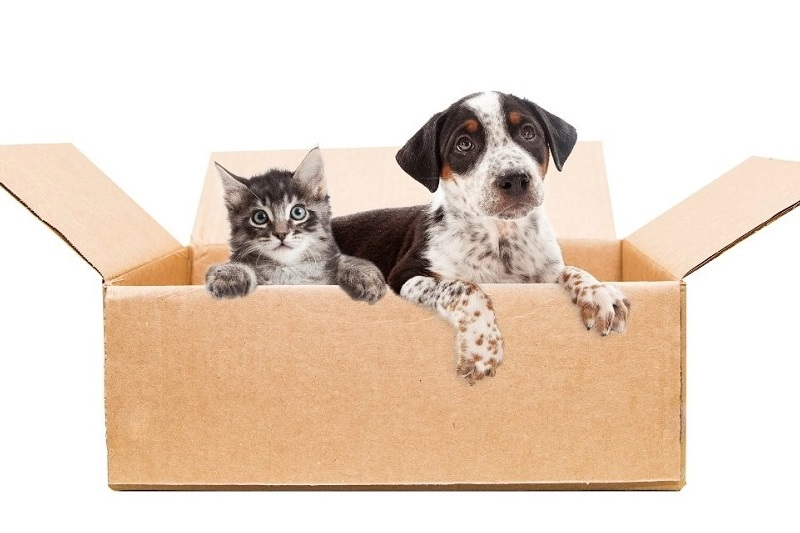The Dos And Don’ts Of Moving Home If You Have A Pet
When you are planning a home move, we are sure you would have discussions with lots of people including your Removalists Melbourne, your real estate company, utility companies, and even your lawyer. However, if you have any pets, will you make a point of speaking to your vet to ask them about how you can make sure your pets’ experience of the move is not a traumatic one?
If you have a pet, or even several, we are sure you love them dearly. However, when trying to organise a home move, it can be easy to simply forget about your pet in all the arrangements you have to make. Nevertheless, it is essential that you take time to ensure their welfare will be taken care of before, during, and after the move takes place. To help you with that task, here are some “DOs” and “DON’Ts” regarding pets and moving home.
DO Get Someone To Look After Your Pet On The Move Day
Possibly the best thing you could do for your pet on the day of the move is to ask a friend or relative to look after them for the day. This removes a lot of stress both for your pet and for you.
DO Try To Keep Them In One Room If You Have Them With You On The Day
If you are keeping your pet with you on moving day, then it is best if they are kept in a single room, preferably a quiet one. Give them all their toys to play with, food, and water, but also check on them regularly to ensure they are not getting agitated.
DO Pack Your Pets Toys Etc Last
Further to the previous point, it makes sense to keep your pet’s toys, bowls, bedding, etc., all available until the last minute rather than packing them early and having your pet fret about where they have all gone.
DO Ensure That You Give Them Plenty Of Attention And Reassurance
Moving day will be stressful for your pet, both as you leave your old home, and when you arrive at your new one. In addition, all the comings and goings as the removalists do their work can stress them, so ensure you and your family make time throughout the day to give your pet attention and affection.
DO Register With A Local Vet And Contact Them If Your Pet’s Behaviour Causes You Concern
If you are moving a distance that requires you to register with a new vet, then do so in advance. This way you can contact them if, despite your best efforts, your pet shows behavioural signs that are abnormal or concerning.
DON’T Let Your Pet Into The New Garden Until You Inspect It Fully
Although you will have visited your new home before purchasing, on the day of the moue you should still check the garden to ensure that no gaps in fences or hedges have appeared, nor that there is anything that could endanger your pet when you let it into the garden.
DON’T Let Cats Out For At Least 2 Weeks When You Move To Your New Home
Cats will take some time to get used to their new surroundings. This is why you should wait a couple of weeks before letting them out to avoid the risk that they attempt to find their way back to their old home which carries significant risks to their well-being.
DON’T Get Angry If They Have Accidents Or Start Chewing In The New Home
Some pets may take longer than others to adjust to their new surroundings. During this time be patient with them and more especially, do not shout or scold them if they have an accident or chew something for comfort.
DON’T Alter Walking And Feeding Routines
Although the location of their home might have changed, you should help your pet by keeping their daily routine the same. This includes feeding times, times for walks, what toys you take with you on a walk, and so on.

